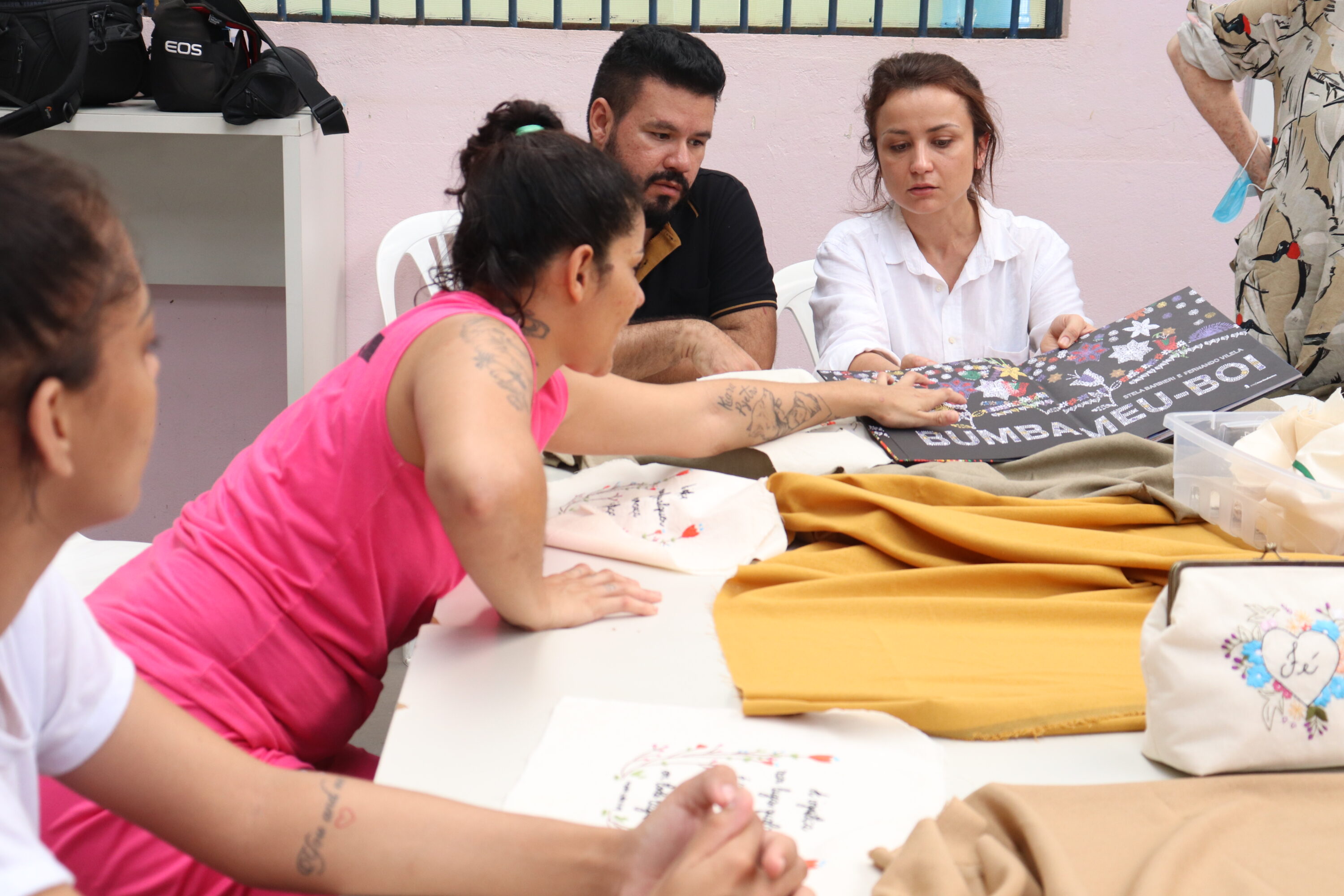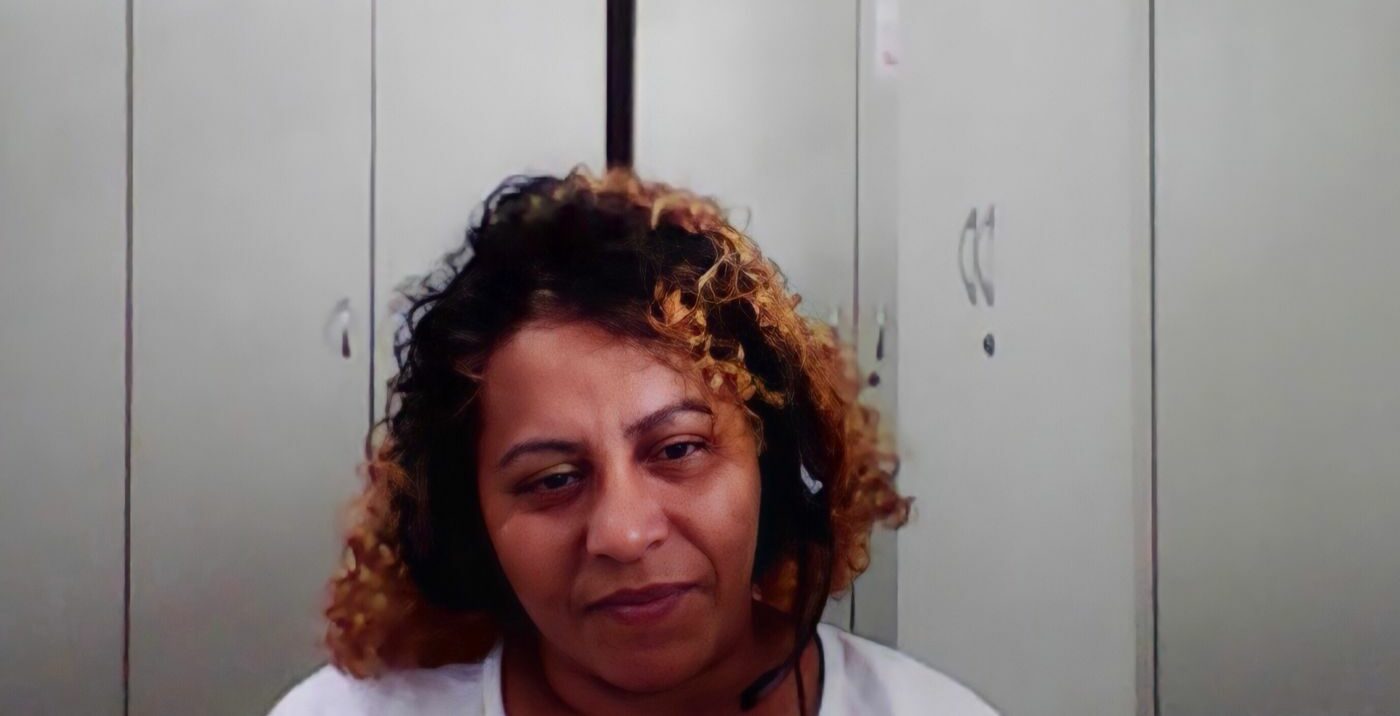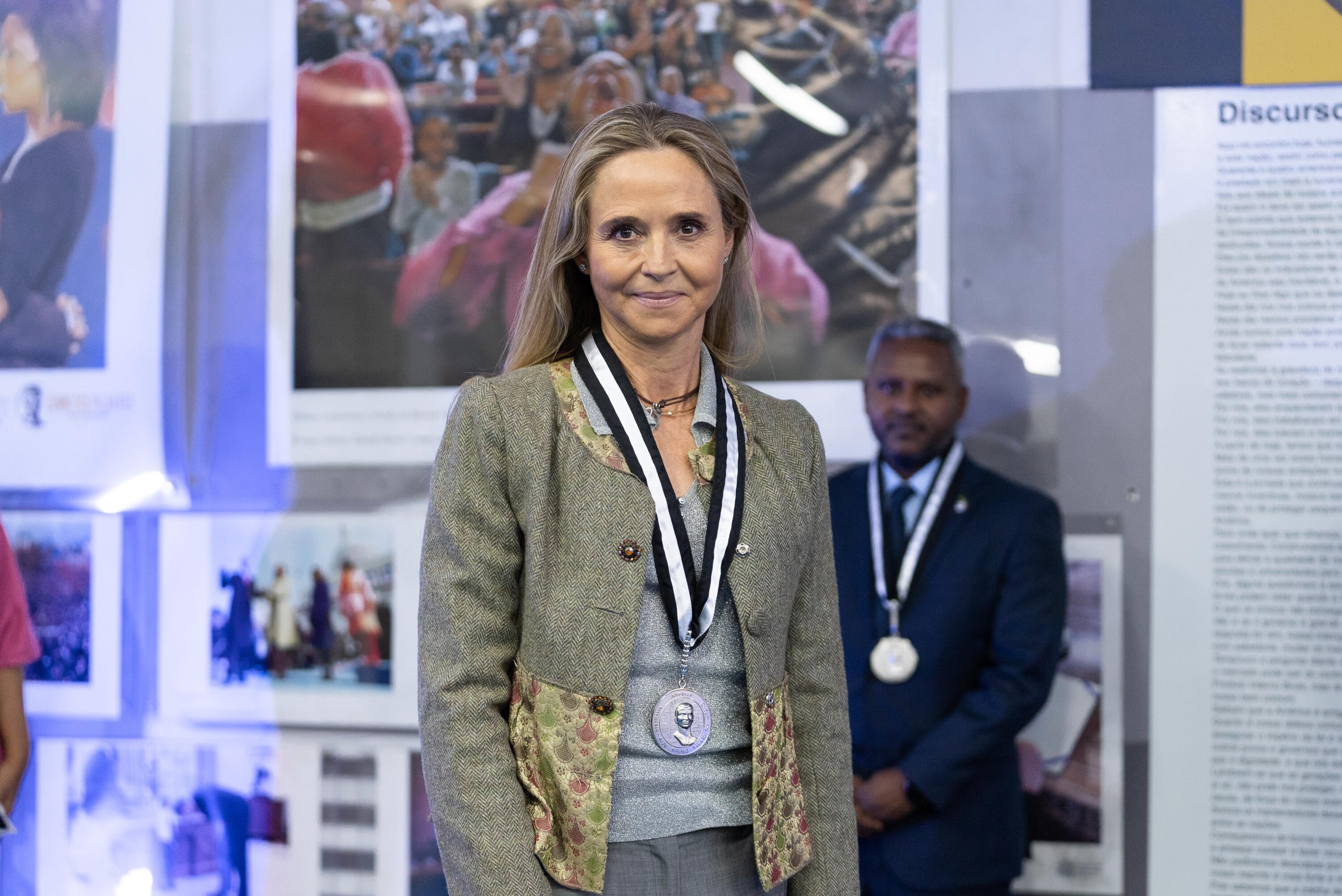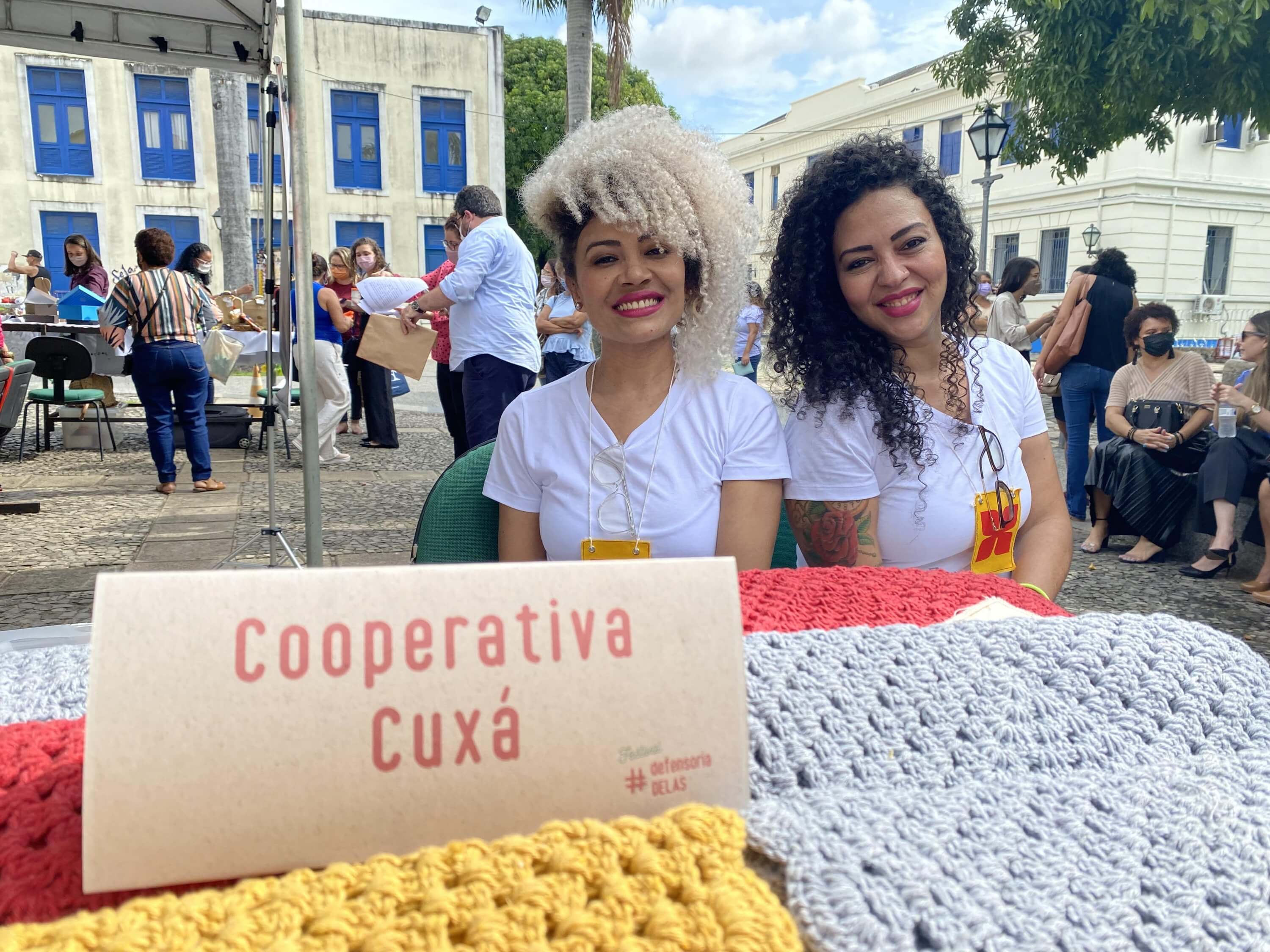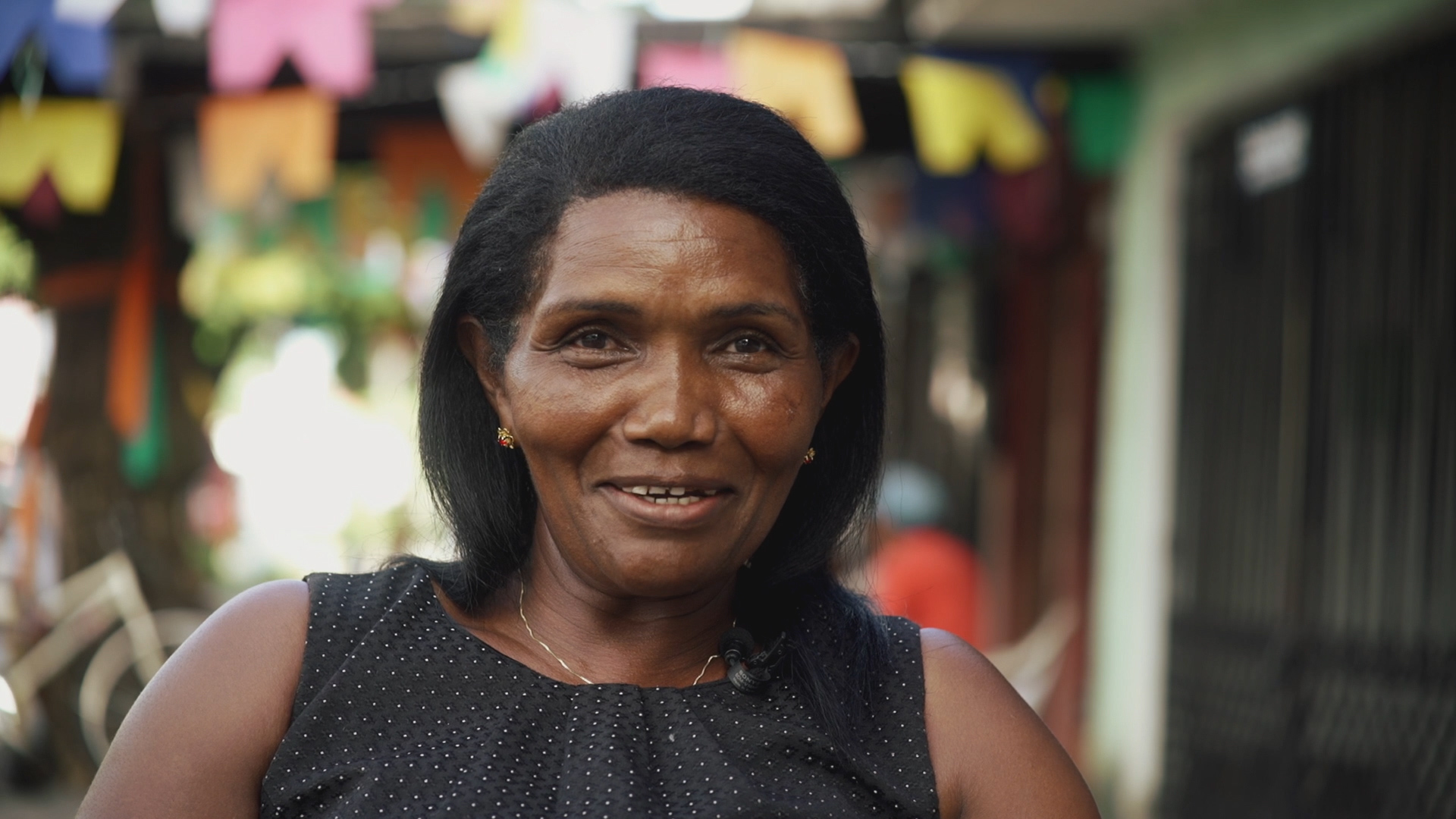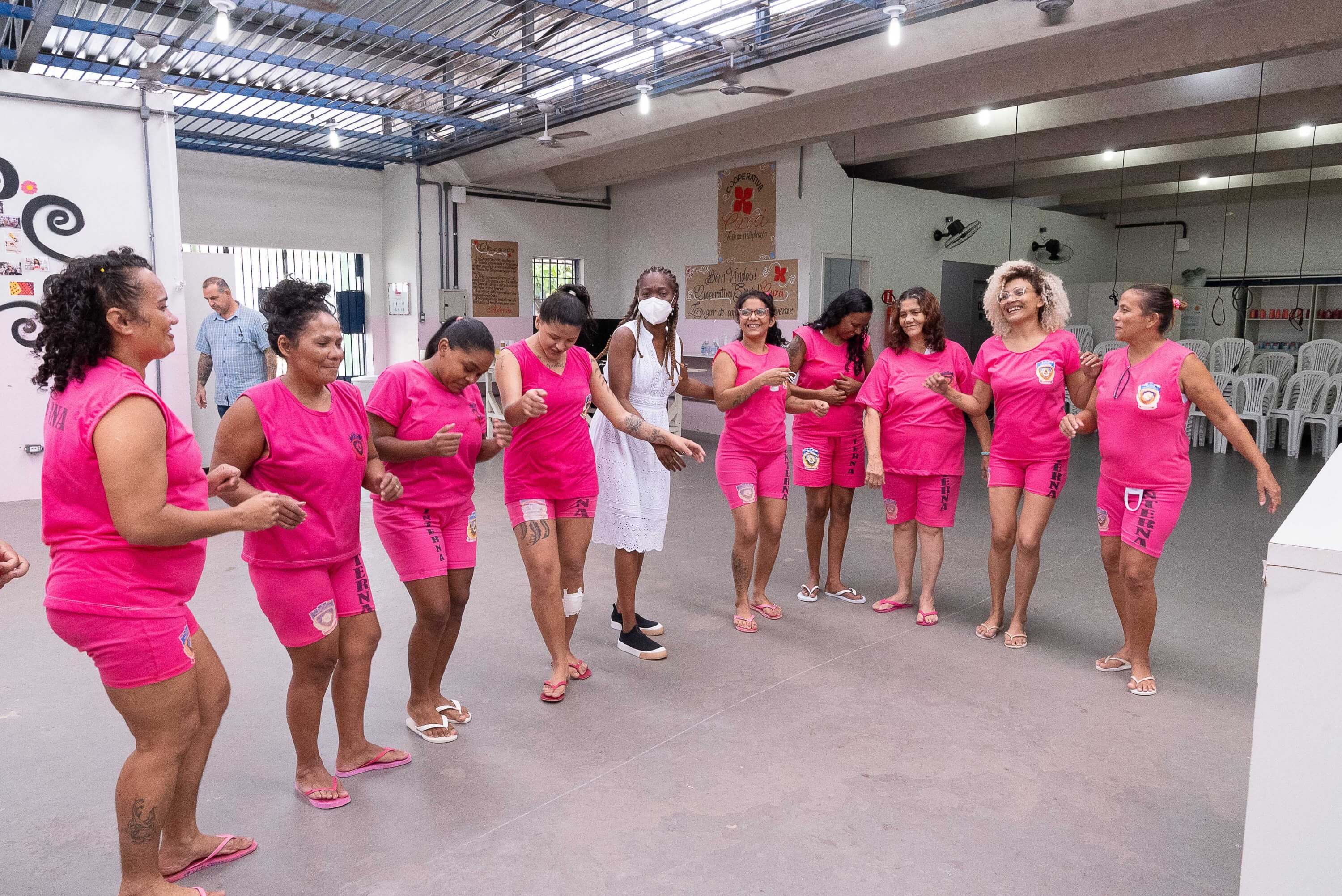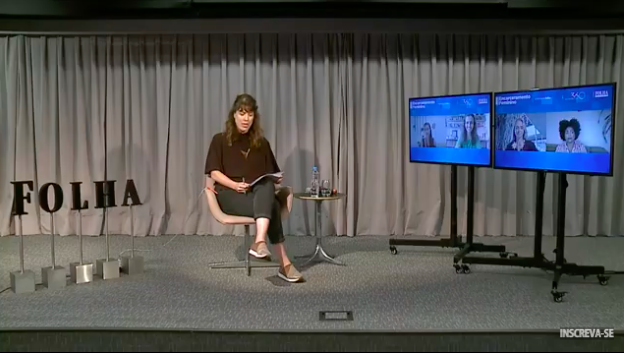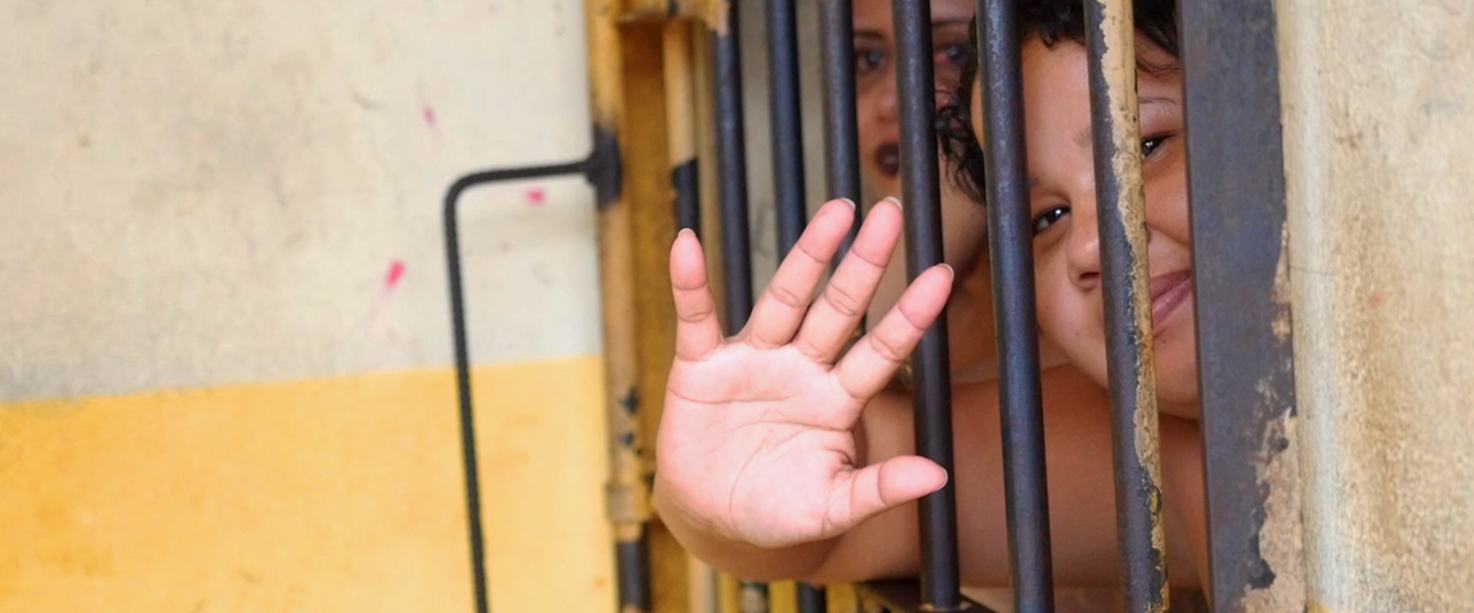H360 expands and opens another social cooperative in Peruíbe after technical cooperation agreement with Peruíbe’s Second Court “Somos Marias” project
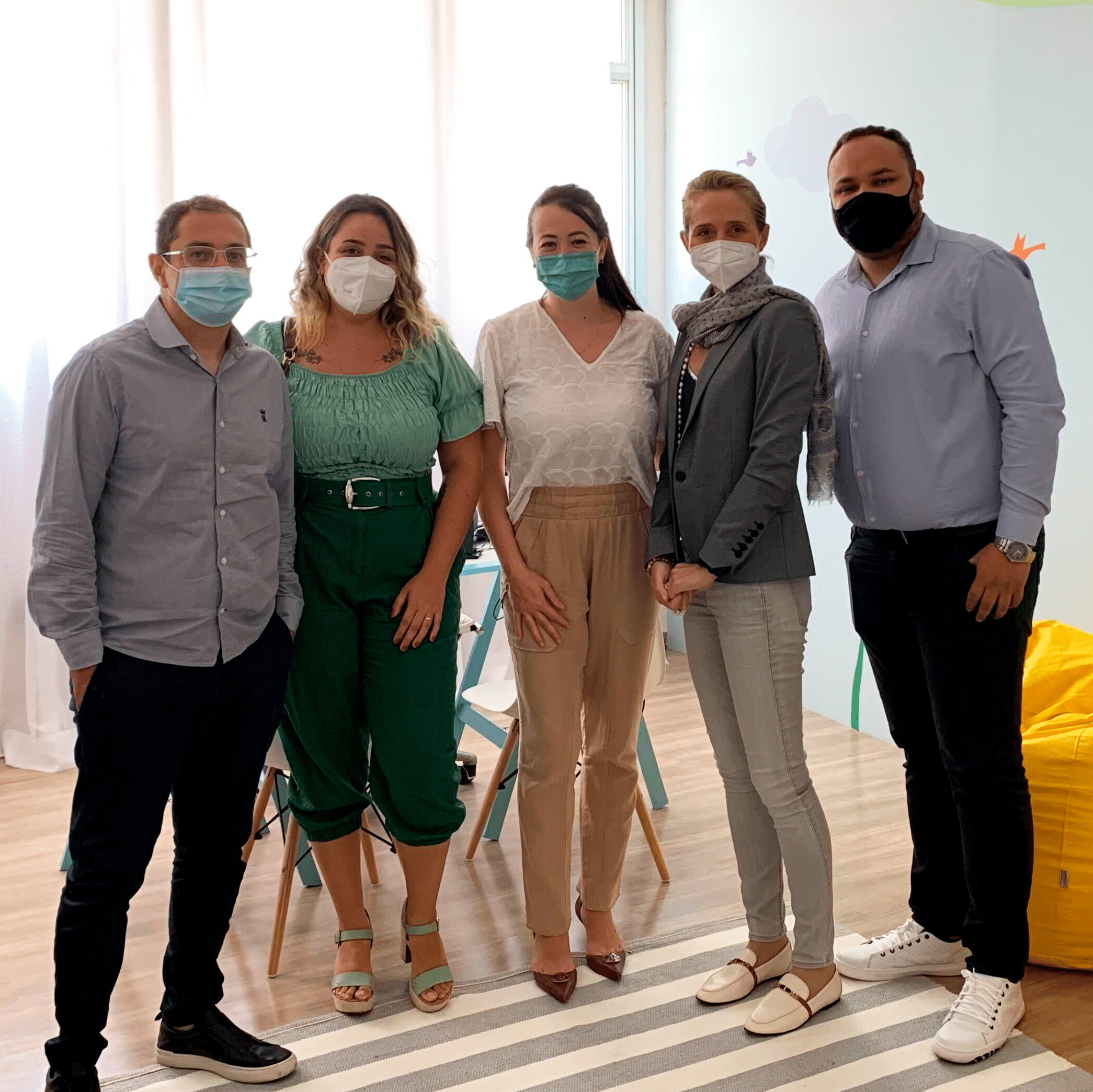


The Humanitas360 Institute and the Second Judicial Court of the District of Peruíbe will soon open “Casa das Marias”, a space for refuge, technical, assistance, legal and psychological support for…
Paula Carvalho11/09/2022

